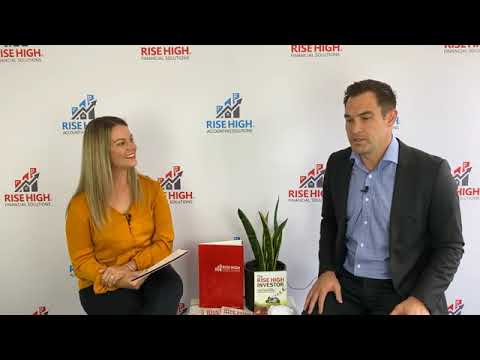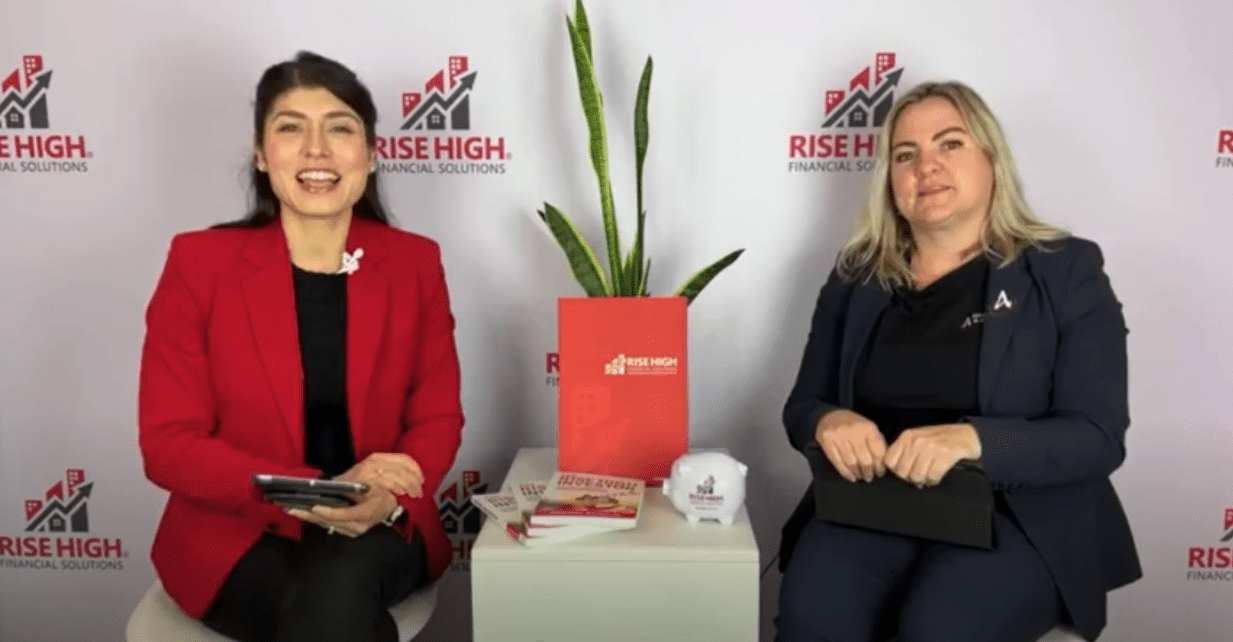What is Good Debt and Bad Debt? How can Debt Recycling help you? Is this strategy suitable for everyone?
We are joined by Joshua Fileti from Synergy Private Wealth where he will explain what he has done for his clients and how debt can work for people in different situations.
Click on the image above or here to watch the full video!
What is bad debt and good debt?
Good debt would be debt that has tax reductions. Bad debts would be debts which won’t provide you with tax deductions or savings. This will be true for your owner-occupied home loan! While you can never eliminate bad debt, you might be able to improve your good-bad-debt ratio. For example, consolidating your outstanding debts will improve your good-bad-debt ratio.
What is debt recycling?
Debt recycling is switching or trying to reduce the amount of bad debt you have. This will involve trying to convert your bad debt to good debt. It is important to note that changing the purpose of the asset does not mean that the nature of your debt has changed. They are two separate matters!
A good Broker, Accountant and Financial Planner is an important trinity to have for debt recycling. This is mainly because they set up your loan structure in a tax-compliant manner. To ensure that the same outcome is achieved, everyone should be on the same page.
How can I do a debt health check?
A mortgage broker can help you do that, reviewing your current debt structure and strategy. At Rise High we do not charge for such a service and are always looking at ways to help you save on your current debt and loans. If the advice of a financial planner is required, we will then invite a subject matter expert like Joshua to join in on the meeting and discussion.
What are the pros of debt recycling?
Tax benefits and diversification are the key benefits of debt recycling. By saving costs and channeling funds towards other investment vehicles, you have essentially diversified your investments, a healthy investment habit. Additionally debt recycling also provides flexibility, because when a situation arises where you need to liquidate some funds, you will have difficulty doing so if all your assets are properties (you can’t sell a part of the house to obtain funds). Through debt recycling you would have diversified into more liquid (tradeable) assets and this will help provide you with the flexibility to access funds on short notice, when required.
What are the cons of debt recycling?
When you diversify your investments, that means you will need to be aware of market risks for the different asset markets. It also means that this strategy is for mid to long term holdings, for at least 5-7 years. Do not expect to have a short term exit as this would lead to benefits not being realised.
Who should consider this debt recycling strategy?
This strategy is not for everyone. People who have long term jobs, good savings and stable incomes will be most suitable for debt recycling. This is because you will need to follow through with this strategy to fully realise the benefits. If you have to do a sudden, short-term exit, you may accumulate losses on this strategy. Therefore it is best that you have a safety net/emergency funds which will allow you to continue with the strategy.
What actually happens during debt recycling?
The first step is to have the three experts meet and decide upon the strategy and set up of the solid foundations required which releases unlockable equity. The amount of equity unlocked should not trigger Lender’s Mortgage Insurance (LMI). This will mainly fall on the broker to identify the equity available.
Once the equity release funds are available, they are reinvested into other financial assets to generate income. Bad debt will be paid off or lowered by utilising this excess income. A financial planner like Joshua will conduct a cash flow analysis which will calculate serviceability and interest payments.
A periodic review is done to identify any further equity release so that additional investment types can be procured, which will then help with the repayment of the bad debt. Repeating this cycle in the 5-7 year period will reduce the bad debt ratio an individual or entity holds.
What is the difference between asking my accountant versus asking a financial planner like Joshua?
An accountant can give advice on the tax benefits associated with the debt recycling strategy, but will not be able to purchase the investments on behalf of the clients, or set up contingencies involved with this strategies. Investment advice will also come from the financial planner, rather than the accountant.
Essentially you should engage the expertise of a mortgage broker, an accountant and a financial planner to realise the best potential of this strategy.
How will I know if this strategy will work for me?
The strategy will work differently for different people and scenarios. For the right people a wealth creation plan can strategized using debt recycling despite having many elements to consider.
It is absolutely important to get your own specific advice, and you can do so by starting with the Rise High team of mortgage brokers, or Joshua from Synergy Private Wealth.
At Rise High Financial Solutions, we do more than just mortgage broking
Our service is not just about finding you that one-time loan for your current needs. That is why we work with reliable partners such as Joshua, to help you with your wealth creation plan. A wealth creation plan will ensure that you are secure for the future and financially set.
Want to find out what we can do for you? Fill in the form below and our multiple award winning team will be in touch!
Note: the information provided in this blog and the video is purely for discussion and is not specific advice.
Joshua Fileti operates as an Authorised Representative of Fitzpatricks Private Wealth Pty Ltd AFSL 247 429, ABN 33 093 667 595); Fitzpatricks does not hold a credit license and cannot provide advice on specific credit products.




